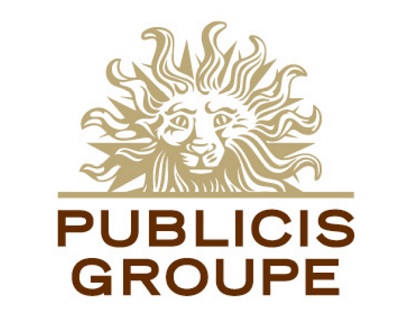Sarah Gilbertson (Impact): Why streamlined partnership programmes are the future
Sarah Gilbertson, Enterprise Sales Manager, Radius by Impact, gave us her opinion on streamlined partnerships and the reasons why they represent the future.
In an opinion for AdHugger, she said:
In the past, joining multiple networks made sense because it gave brands access to partners that were only present on one network, reducing the risk as the activity was all on an override commission basis. However, these days, publishers spread themselves across all established networks, so multi-network programmes end up diluting their programmes for no real gain. As networks tend to attribute service level according to the size of the programme, they are decreasing the support they might otherwise warrant.
So why do brands need to streamline their partnership programmes at a time when budgets must be spent wisely? What are the benefits of harnessing actionable insights on all their activity through one system of truth to find that one provider can really make a difference?
To answer these questions, we need to look at how the market has changed in 2019 and what has led to the growth of the partnership economy.
Tracking is a recurring theme that keeps hitting the headlines (Cookies. It’s been sweet but it’s time to say goodbye!) It has become clear that the cookie is no longer considered the best means of tracking; with Server to Server tracking now providing the ability to circumvent the challenges of cookie consent, probabilistic methods and ad blocking. With privacy focused updates, browsers and operating systems are targeting the historic tracking technology.
Traditional networks struggle to temper the 90:10 rule and we continue to see the vast majority of conversions being credited to a few dominant publishers. But advertisers are now able to identify real and honest value in their programs as end-to-end management solutions align credit appropriately. This sophisticated tracking and enhanced reporting plays a significant role in martech and is the only way to true transparency.
Significant revenue growth for brands is grown by improving the lifetime value of affiliate relationships, which allows a brand to harness a sustainable partnership channel. We’re in a world where competition in any industry is rife. There is so much choice, an abundance of options and a new idea doesn’t stay new for long. For many businesses this makes it difficult to stand out, and ultimately grow. Therefore, affiliate should be part of partnerships not distinct from them. While affiliate marketing is very much a relationship business, partnership automation is now solving pain points such as transaction validations, managing offers and real-time product updates, relieving the admin and allowing marketers and publishers to focus on collaborating towards sustainable growth. The potential of increased revenue growth for brands has raised the profile on partnership automation which enables solutions such as Impact Partnership Cloud to focus on increasing revenue and building new partnerships for brands; beyond referrals.
What is clear is that partnership automation will take a front role in transforming a growth channel on par with the organisational pillars of sales and marketing. Expect Partnership Automation to change how various multi-disciplinary teams collaborate to emerge with a powerful channel that rivals the revenues typically brought in by sales or marketing
Looking ahead to the next half of 2019, growth through interdepartmental partnership teams is both expected and needed.
Sarah is a marketing technologists at Impact. Her work involves helping marketing leaders around the world to eliminate ad fraud, make more confident media buying decisions, and create new performance partnerships. Prior to Sarah held a role at RGM, a multi-award winning boutique media agency with a specialism in promotional competitions that works with some of the best-loved brands across the biggest and best of British mainstream media. Sarah has run businesses throughout the UK and internationally for start-ups, independents and herself, as well as working with national and global brands. She assisted in launching start-ups that became global brands (Groupon & Glossy Box) and worked within the Executive Management teams of two ‘Unicorn’ tech companies.







